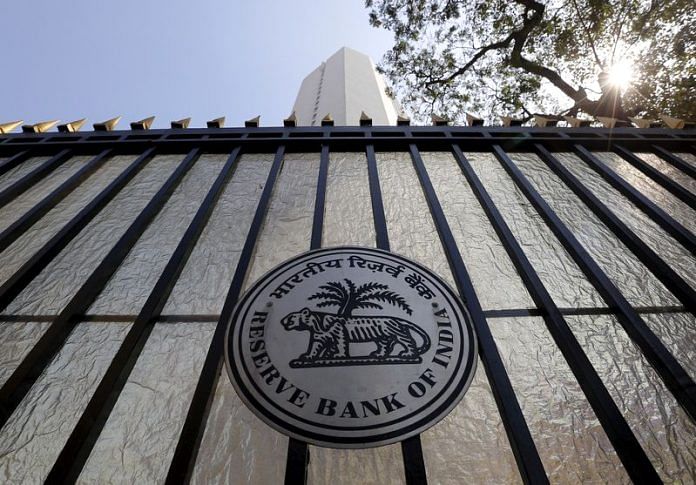MUMBAI (Reuters) – Some Indian asset reconstruction companies (ARCs) have been circumventing regulations and have allowed themselves to be used for the evergreening of distressed assets, a deputy governor at the Reserve Bank of India said in a recent speech.
The RBI has increased supervision of regulated entities to prevent systemic risks and to ensure that regulations are followed.
Swaminathan J. addressed a conference in Mumbai for directors and CEOs of ARCs, as a part of the central bank’s supervisory engagement programme earlier this month but the RBI uploaded the full speech on its website on Wednesday.
“Some ARCs, while enjoying the full benefits of the special position granted to them… have been found to be using innovative ways to structure transactions in a manner to circumvent regulations,” Swaminathan said.
“During the course of our onsite examinations, we have come across instances where ARCs have been used or allowed themselves to be used, if I may say so, as a conduit to evergreen distressed assets.”
Evergreening is the practice of granting further credit to firms close to defaulting to help them repay existing loans.
ARC boards should give due importance to assurance functions, such as risk management, compliance and internal audit, Swaminathan said, noting that such functions play a critical role in identifying and mitigating risks, ensuring compliance and safeguarding the organisation’s reputation.
The deputy governor added the RBI also observed that a few entities found new ways to get around the regulations when a particular practice was called out as a violation or deviation.
“We directed the entities to arrange for remediation, including setting aside capital charge on gains thereon, but only responsible conduct by the supervised entities themselves can bring the required efficiency to the system,” Swaminathan said.
“In extreme cases, it may call for regulatory or supervisory actions, which, of course, we would like to use only as a last resort.”
(Reporting by Swati Bhat; Editing by Janane Venkatraman)
Disclaimer: This report is auto generated from the Reuters news service. ThePrint holds no responsibilty for its content.



